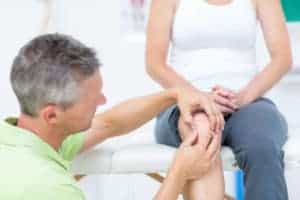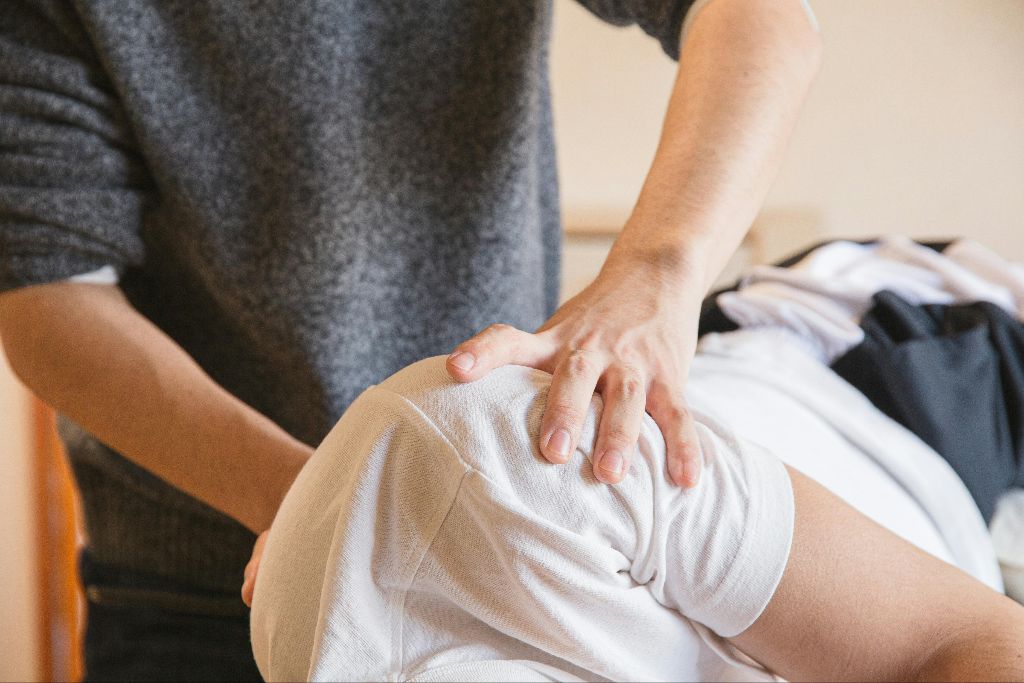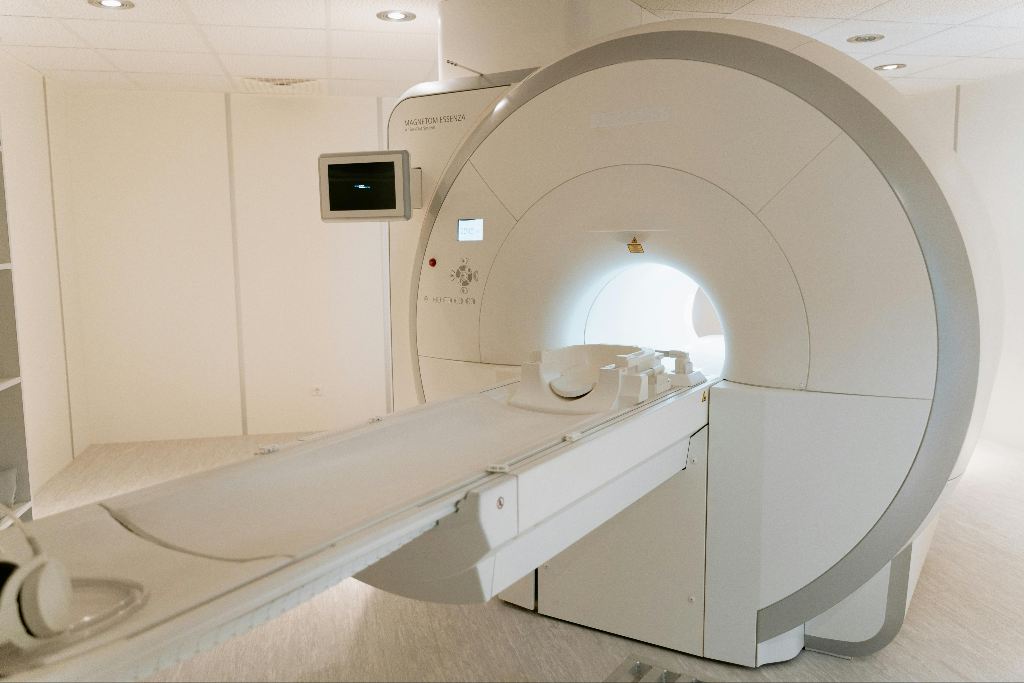A meniscus tear is one of the most common injuries treated at AICA Orthopedics because of how much pressure and stress your knees are confronted with on a daily basis. For those who have damaged or torn their meniscus, being able to apply weight to the affected area is difficult to impossible to perform.
Usually the result of a sudden twisting motion while one foot remains in a locked position and the opposite leg’s knee is bent. They are also common among those who handle and pick up large objects during work, as well as those who compete in sports like soccer. Fortunately, there are a variety of viable, non-invasive treatment options that exist for a torn meniscus. If you injure your knee and are interested in learning how our Atlanta orthopedic doctors can help, contact our office today to schedule an appointment.
You may also want to consider the following information that highlights other important aspects of a torn meniscus and how our team approaches treatment.
Torn Meniscus Symptoms
For those who experience a minor tear, their symptoms will likely be contained to slight pain and some inflammation. Most minor tears are able to recover after a few weeks.
Moderate tears cause significant pain that appears on either side of the affected knee. Inflammation usually exists and develops over two to three days, making it difficult to bend your knee. Symptoms tend to slow down after a week or two has passed, although pain may occur again after heavy or long physical activity.
Patients who suffer a severe injury, they may experience popping sensations in the damaged knee. The knee may also become locked up, making it impossible to bend or walk correctly. If the patient attempts to walk, they will likely feel unstable and their damaged knee may give out suddenly.
Diagnosing A Torn Meniscus
To develop a diagnosis, your orthopedic doctor will ask you a series of questions about your medical history and the types of activities you were performing when you first noticed knee pain. They will then conduct a complete examination to see if a torn meniscus is the source of your symptoms. To do this, they will review each knee, examine the degree of sensitivity, check your range of motion, and may use an imaging device to measure the depth of the damage.
Orthopedic Treatment
Treatment varies based on a number of factors including the extent of the tear, the location, age, and how active you are. In general, rest, temperature therapy, and physical therapy are all helpful for relieving symptoms. Physical therapy is incredibly helpful for restrengthening the injured knee and helping patients return to their routine without having to rely on invasive procedures.
If you are injured in an accident and experience knee pain, contact our office right away for treatment. Just dial (404) 855-2141.





